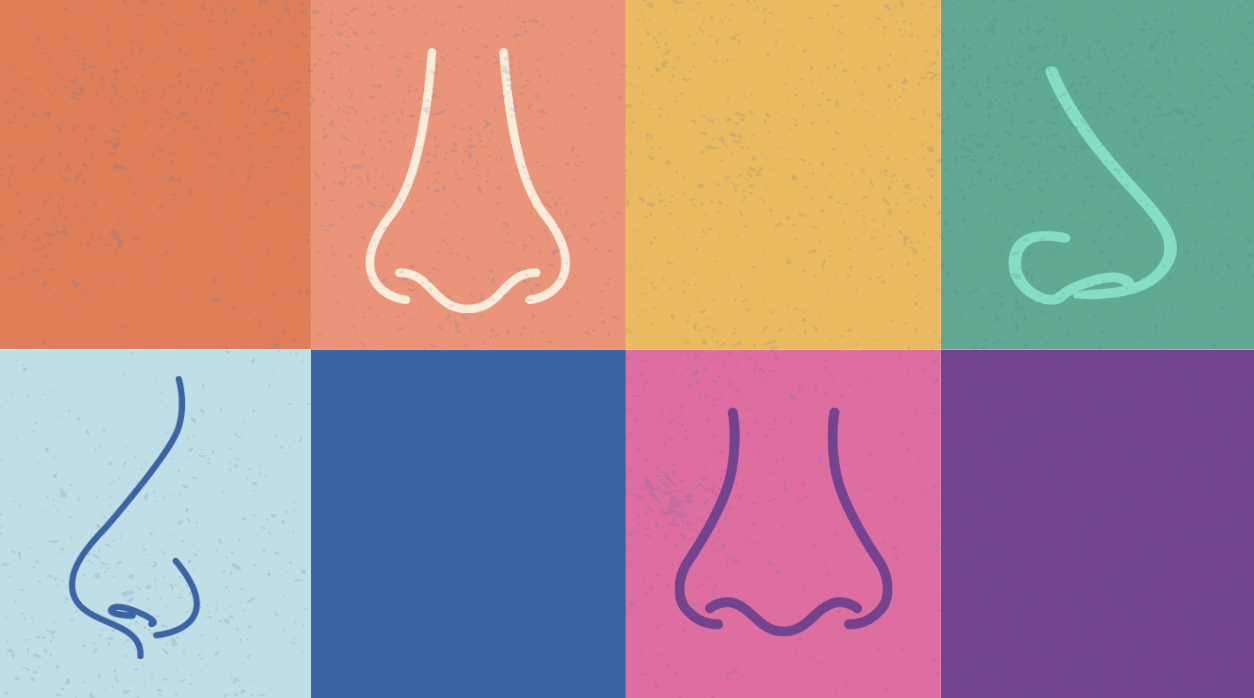
"For people with olfactory dysfunction (partial loss of smell) or anosmia (total or near-total loss of smell), the impact can be grave. The absence of smell can dull the taste of food, make cooking dangerous, and heighten anxieties around gas leaks and fires. It can even lead to depression in up to a third of patients. While some people regain partial function over time, effective treatments are rare."
"In 2019, Holbrook published research looking into the question. He used small electrodes implanted in the brains of five patients to see if he could stimulate smell. In three of the patients, it worked - proof, Holbrook says, that olfactory implants can restore smell. Meanwhile, Dan Coelho and Richard Costanzo, both of Virginia Commonwealth University, were experimenting with electrode stimulation of the olfactory system in mice."
More than 20 million COVID patients lost smell or taste in 2021, and roughly 27 percent had no or limited recovery. Loss of smell can diminish taste, make cooking dangerous, increase risk from gas leaks and fires, and contribute to depression in up to a third of patients. Effective treatments for olfactory dysfunction and anosmia are rare. Small-electrode stimulation approaches have produced restoration of smell in early human trials: implants in five patients produced smell responses in three. Parallel animal work used olfactory-system electrode stimulation. Research groups have begun collaborating internationally to develop assistive olfactory devices.
Read at Harvard Gazette
Unable to calculate read time
Collection
[
|
...
]